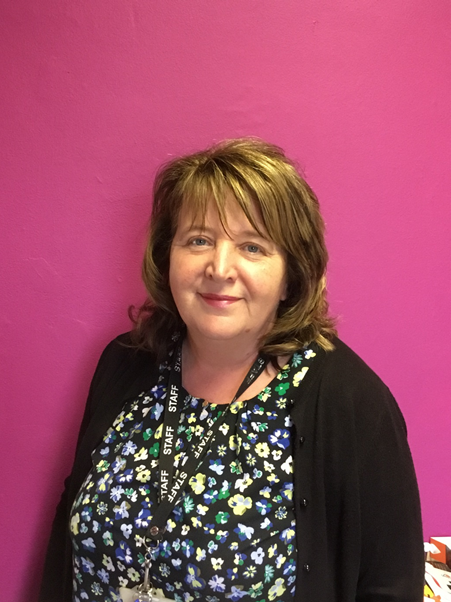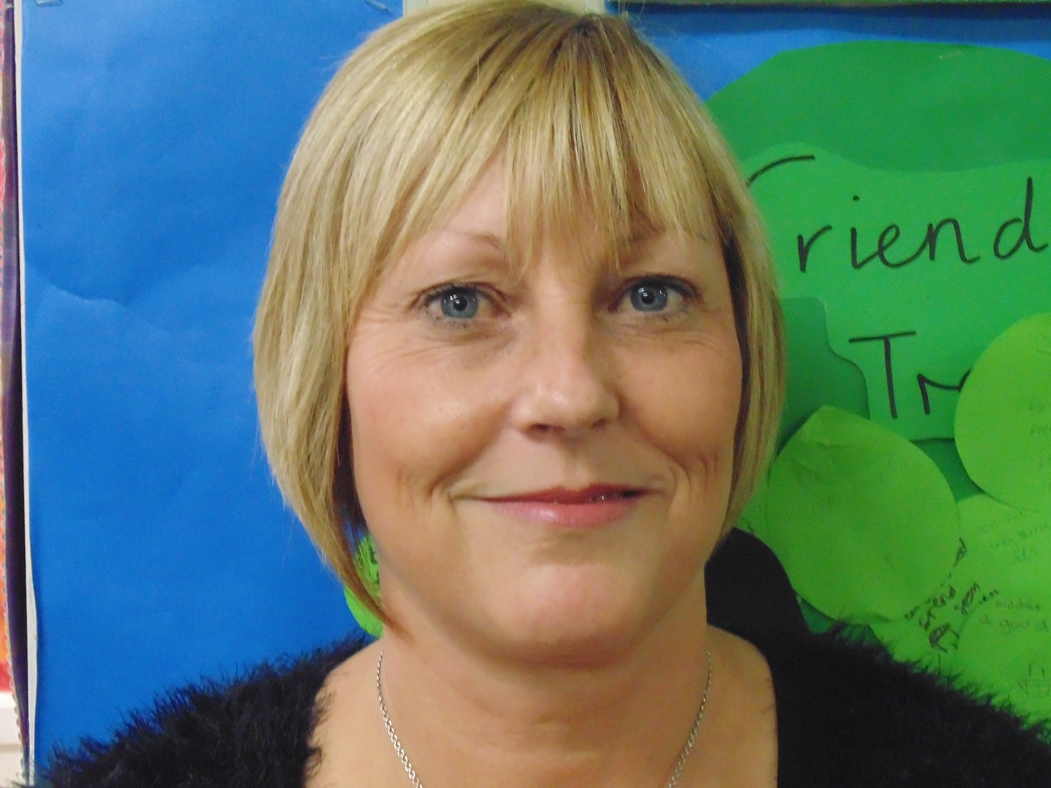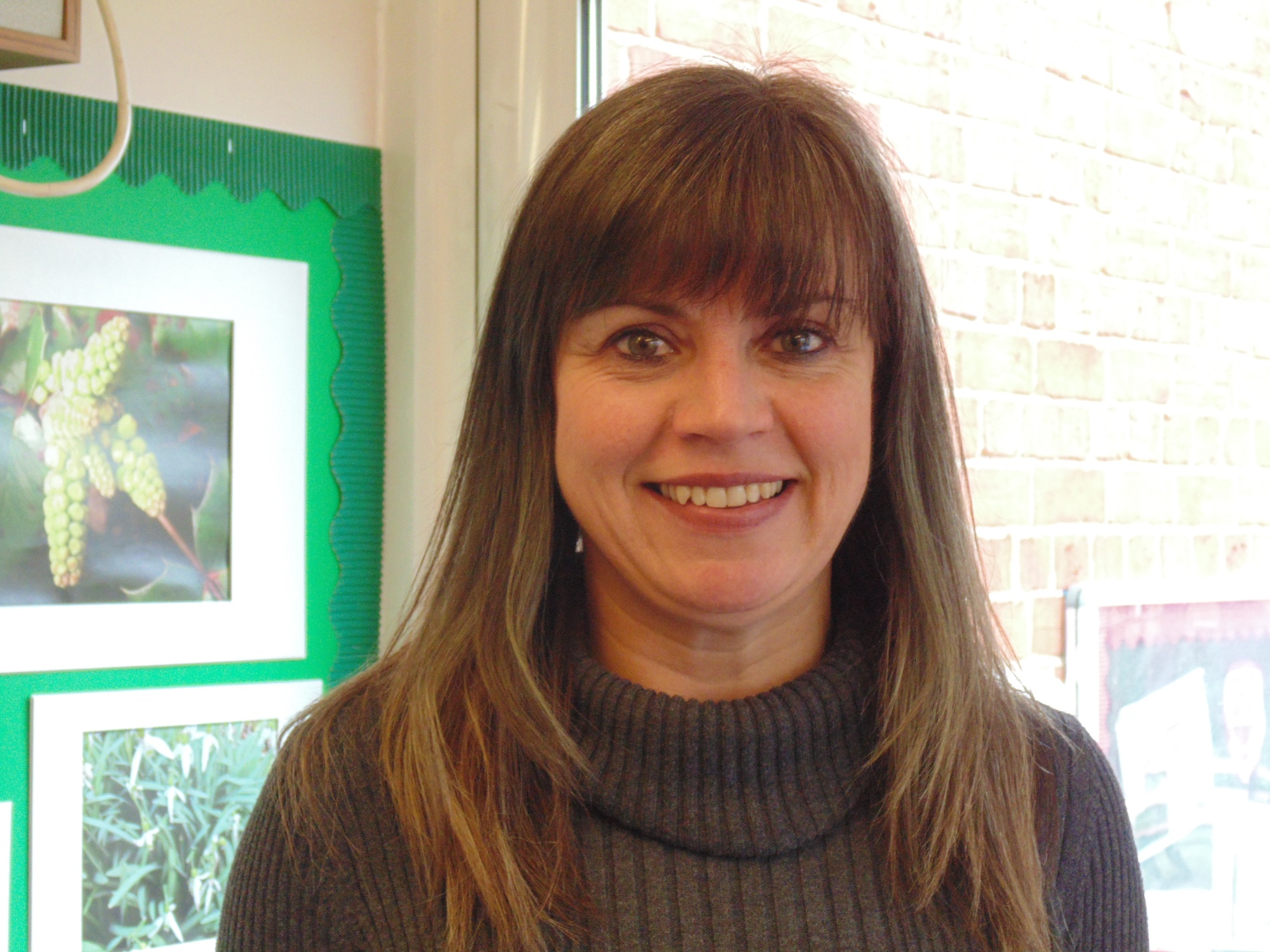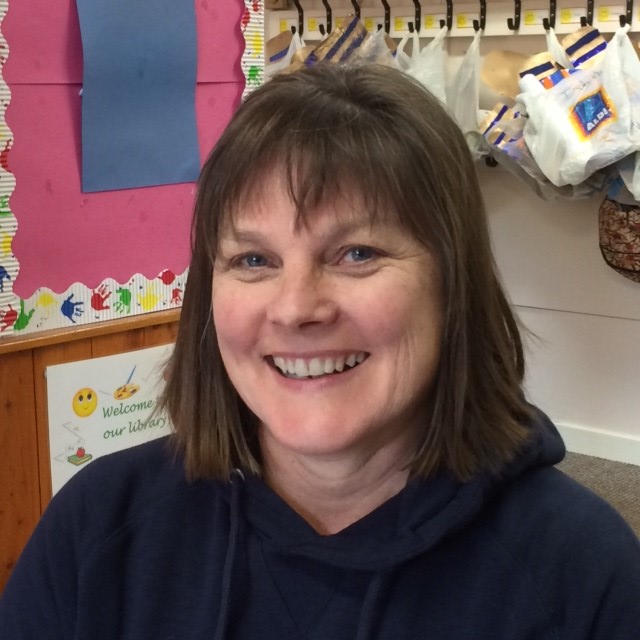Safeguarding
Please see our policies section for all relevant Safeguarding policies.
We all have a statutory duty to safeguard and promote the welfare of children and at our federation we take this responsibility very seriously.
If you have any concerns about a child or young person in our school, you must share this information immediately with our Senior Designated Professional or one of the Deputy Safeguarding officers. These are:
 Mrs Eliza Hollis - Executive Headteacher
Mrs Eliza Hollis - Executive Headteacher

Mrs Stacy Powell - Deputy Headteacher
 Mrs Sharon Townsend - School Business Manager
Mrs Sharon Townsend - School Business Manager

 Mr Henry-Moore at Tiffield
Mr Henry-Moore at Tiffield
 Mrs Howie at Whittlebury
Mrs Howie at Whittlebury

Mr Michael McLoughlin at Gayton
 Mr Paul Thompson at Yardley Gobion
Mr Paul Thompson at Yardley Gobion
Our named safeguarding governor is Mr John Brough.
Do not think that your worry is insignificant if it is about hygiene, appearance or behaviour – we would rather you told us as we would rather know about something that appears small than miss a worrying situation.
If you think the matter is very serious and may be related to child protection, for example, physical, emotional, sexual abuse or neglect, please ask to speak to member of staff confidentially, you will then be asked to provide them with a written record of your concern. A copy of the form to complete can be obtained from the school office. Please ensure you complete all sections as described.
Any allegation concerning a member of staff, a child’s foster carer or a volunteer should be reported immediately to the Headteacher. If an allegation is made about the Headteacher you should pass this information to the Chair of the Governing Body.
The people you should talk to in school are:
Designated Safeguarding Lead:
Executive Headteacher, Mrs Eliza Hollis
Deputy Safeguarding Lead:
Deputy Headteacher, Mrs Stacy Powell
Senior Designated Professionals:
Mrs Caroline Howe (Stoke Bruerne): 01604 862872
Mr Andrew Henry-Moore (Tiffield): 01327 350325
Mrs Doreen Howie (Whittlebury): 01327 857700
Mr Michael McLoughlin (Gayton): 01604 858749
Mr Paul Thompson (Yardley Gobion): 01908 542261
At the Forest CE Federation of Schools we strive to safeguard and promote the welfare of all of our children.
Online Safety - All the children in our schools use the Internet on a regular basis as part of their learning. It is vitally important that we teach them how to remain safe online and we do this regularly with different activities. It is also essential that you as a parent/carer know how to keep your child safe online.
It is inevitable that children will occasionally find themselves with unsupervised access to the Internet at home. We would ask for the protection of your children that you follow the tips below to ensure your child is safe at all times.
Most social media sites like Facebook, SnapChat, WhatsApp have a minimum age limit of 13, our pupils should NOT be using them. We strongly advise that you never release personal information about your children (where they can be found, locations and ages), or other children from the school community on any of these sites.
Please also note that we have a zero tolerance approach to social media and online comments about staff from across our schools. Negative and slanderous comments will not be tolerated and in certain circumstance will be referred to the police. We strongly ask that if you have an issue or complaint concerning your school you speak, at the earliest opportunity, to the Headteacher - Mrs Hollis.
Here are some tips and useful links to help you to keep your children safe online:
Talk to your child about what they’re up to online.
- Be a part of their online life; involve the whole family and show an interest. Find out what sites they visit and what they love about them, if they know you understand they are more likely to come to you if they have any problems.
Watch Thinkuknow films and cartoons with your child.
- The Thinkuknow site has films, games and advice for children from five all the way to 16.
Encourage your child to go online and explore!
- There is a wealth of age-appropriate sites online for your children. Encourage them to use sites which are fun, educational and that will help them to develop online skills.
Keep up-to-date with your child’s development online.
- Children grow up fast and they will be growing in confidence and learning new skills daily. It’s important that as your child learns more, so do you.
Set boundaries in the online world just as you would in the real world.
- Think about what they might see, what they share, who they talk to and how long they spend online. It is important to discuss boundaries at a young age to develop the tools and skills children need to enjoy their time online.
Keep all equipment that connects to the Internet in a family space.
- For children of this age, it is important to keep Internet use in family areas so you can see the sites your child is using and be there for them if they stumble across something they don’t want to see.
Know what connects to the Internet and how.
- Nowadays even the TV connects to the Internet. Make sure you’re aware of which devices that your child uses connect to the Internet, such as their phone or games console. Also, find out how they are accessing the Internet – is it your connection, or a neighbour’s wi-fi? This will affect whether the safety setting you set are being applied.
Use parental controls on devices that link to the Internet, such as the TV, laptops, computers, games consoles and mobile phones.
- Parental controls are not just about locking and blocking, they are a tool to help you set appropriate boundaries as your child grows and develops. They are not the answer to your child’s online safety, but they are a good start and they are not as difficult to install as you might think. Service providers are working hard to make them simple, effective and user friendly. Find your service provider and learn how to set your controls
Please see below for some useful guides for setting parental controls.
